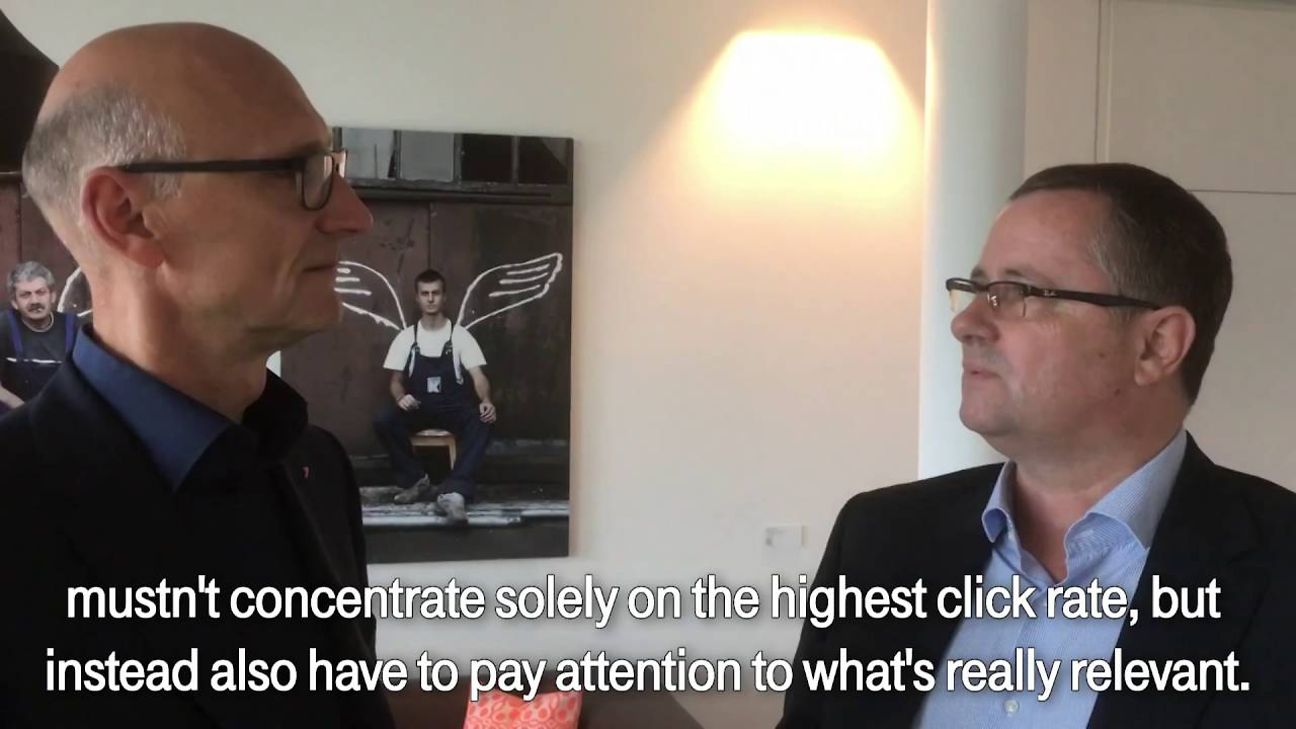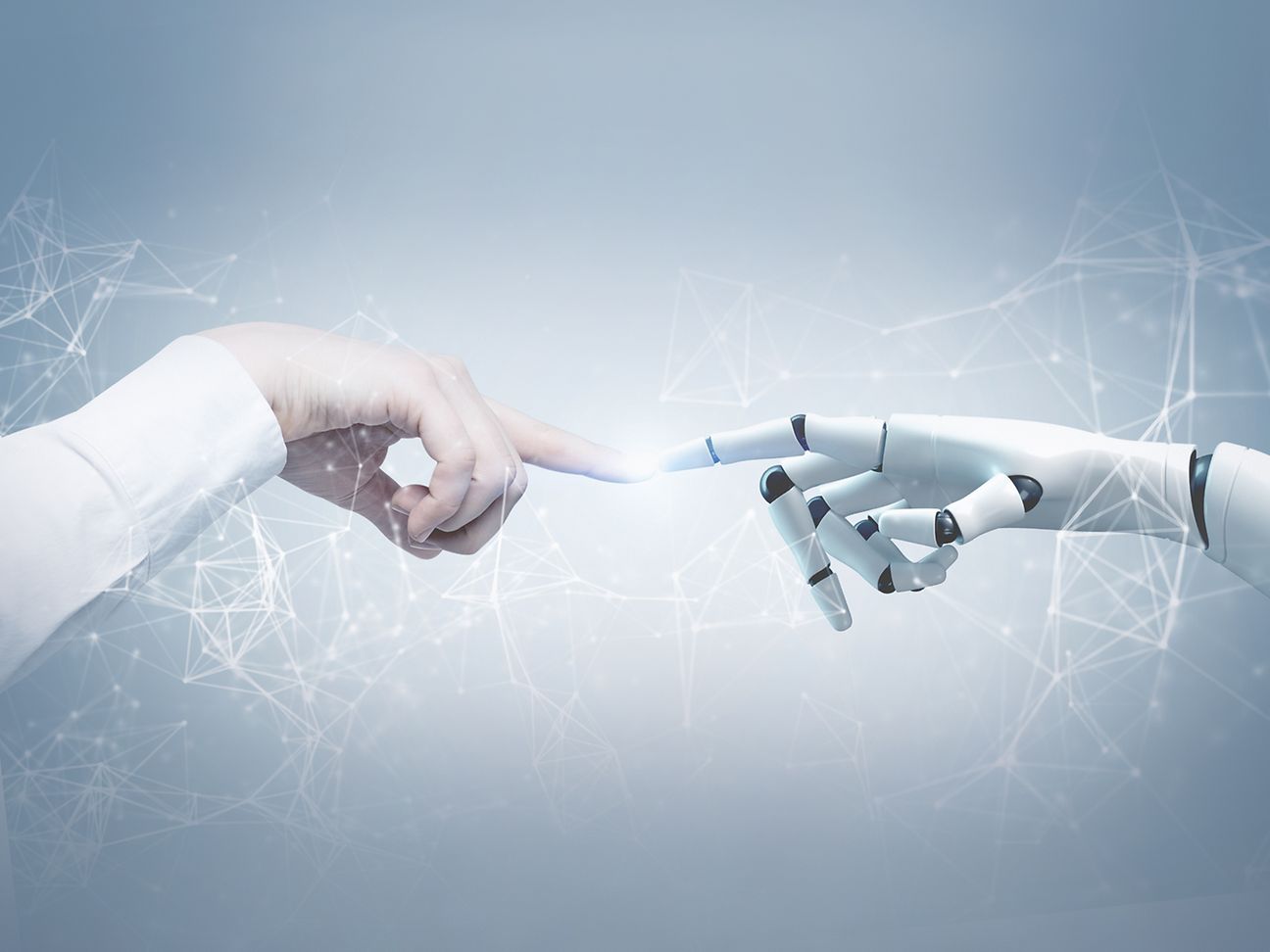Holger Steltzner, journalist and publisher of F.A.Z., interviewed by Tim Höttges
Video-interview with Holger Steltzner, journalist and publisher of Frankfurter Allgemeine Zeitung.
Dr. Steltzner, I have a few questions about the digital future and digital responsibility. We are looking for answers to the question: what will happen in the future? In light of your career, would you advise your children to become journalists in a digital world today?
Holger Steltzner: Yes, I would. I don't think that they'd do it, because they've just taken a different direction, but if they wanted to swing back later and return to journalism, I would recommend it from the bottom of my heart, because it's simply a wonderful profession. Although it's changing, journalism remains the same at its core. I'd tell them to do it, even though it certainly isn't easy and is getting even more difficult, because this career can give back so much.
How will a journalism career differ five to ten years from now than it is today?
Holger Steltzner: A lot will probably be automated with algorithms. People will no longer write routine reports. That's already the case at times in hashtag reporting and sports reporting. Most of the product description texts that we read on the Internet have been written by machines; that will increase in future. But identifying the connections, classifying the background information, commenting on it all and surprising readers with a creating writing process – that's something that only people will be able to do. And that's why we still need journalists.
So you're saying an algorithm isn't more neutral than a journalist, but the journalist classifies his opinion better, giving the information a better tone, so to speak?
Holger Steltzner: People just don't want neutral information; they want positions, too. They want to confront the opinion and position of a journalist, sometimes they want to take issue with a commentary; they want to encounter a different opinion and sometimes have their own view confirmed. Individualism makes journalism what it is.
There are online platforms today that select by the click rates of certain news and information items and then place them – simply recycled or perhaps reformatted – on their on platforms as news. How important are click rates for journalism and the quality of your work?
Holger Steltzner: They're important for pure online journalism, of course, because the click rates attract advertising, which makes the business possible in the first place. But they mustn't become the sole measure. The Internet is driven by clicks and desires, of course, which means that we, as quality journalists, mustn't concentrate solely on the highest click rate, but instead also have to pay attention to what's really relevant. That could be, for example – to name a hashtag from a different environment – an attack on a madrasa in country X. It probably won't attract a lot of clicks, but it's probably more relevant to world peace or an armed conflict than "10 Pictures of Germany's Hottest Soccer Player".
Change of subject: who will pay for journalism in future?
Holger Steltzner: That's the big question, the million-dollar question, the one we're all asking ourselves: how can we transfer our business models to the digital world? How can we ensure that people are willing to pay for quality journalism in the digital world? We're all running our own experiments, but we haven't found the universal key yet. There will probably be several smaller models that we will all put together and hope that we can continue to finance quality journalism in the end.
When you look ahead at digitization and all its effects, do you see more risks for the sociopolitical model in which we live or do you think the opportunities of digitization outweigh the risks?
Holger Steltzner: I think the opportunities are greater than the risks.
Chancen sind größer als die Risiken.

